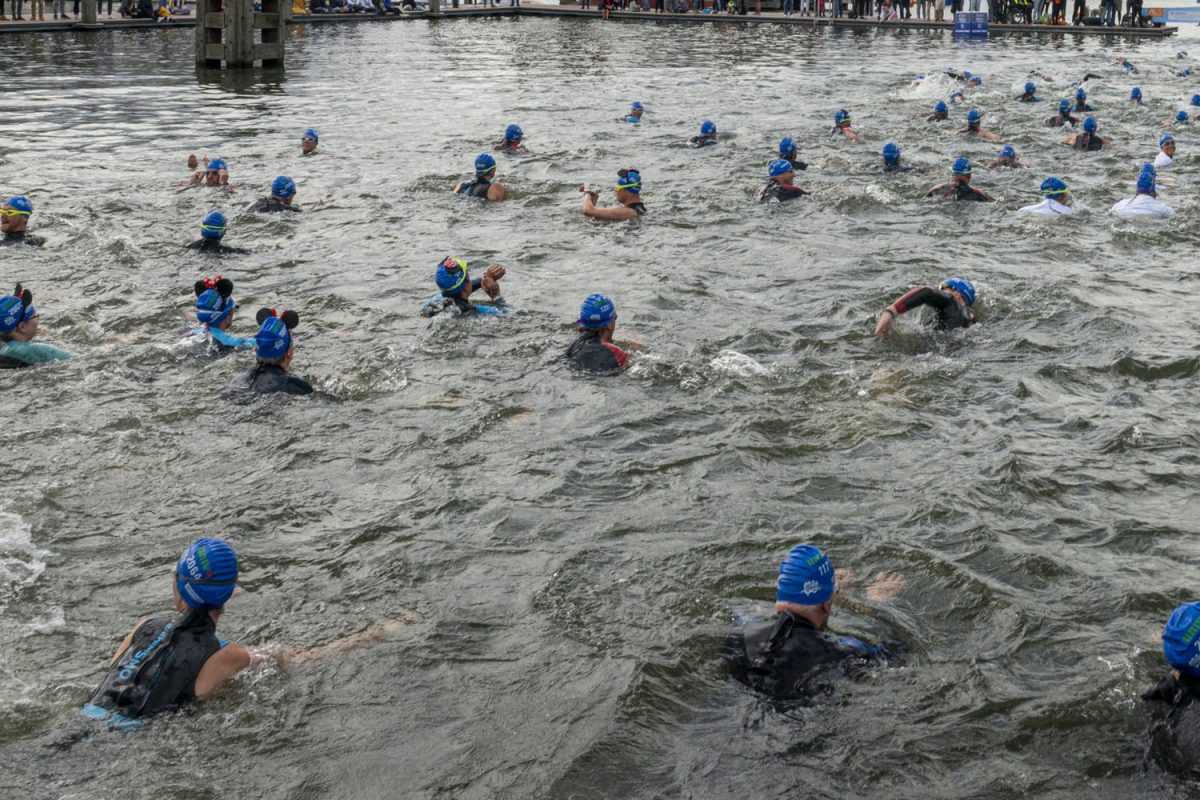This study has identifed the governance conditions needed to create safe urban bathing water sites. It has used case study material from two cities in the Netherlands.
Urban waters in Europe are increasingly considered an attractive feature for bathing but research on the creation of new (or improvement of existing) sites has been limited.
To increase the effectiveness of bathing initiatives, we find that it is important to account for the connectivity between both water system characteristics and governance conditions.
Local policy makers in Europe increasingly recognize urban waters as attractive features for tourism, water recreation and a healthy lifestyle for members of the public.
Economic prosperity and more warm weather due to climate change across Europe have resulted in citizens having more time and means for recreation and a greater need for urban spaces that help them cool down.
Urban bathing water sites may play a key role in meeting this need.
Policy goals for urban bathing water sites should be addressed in a wider policy context to create co-benefits, like other policy goals linked to water quality, resilience and health.
This paper presents an analytical framework that could be used to support the development and evaluation of future urban bathing water initiatives.







